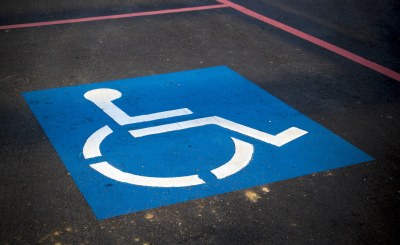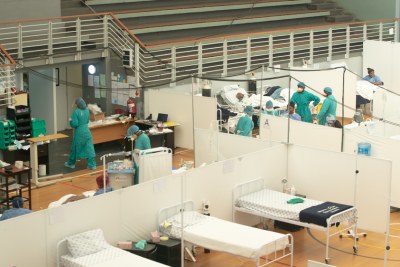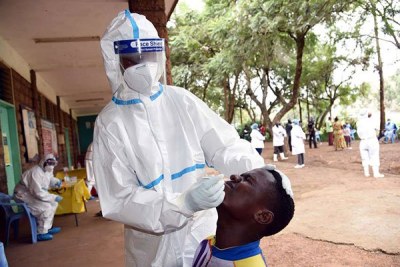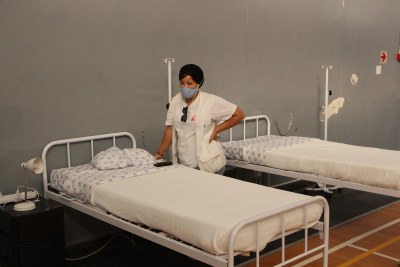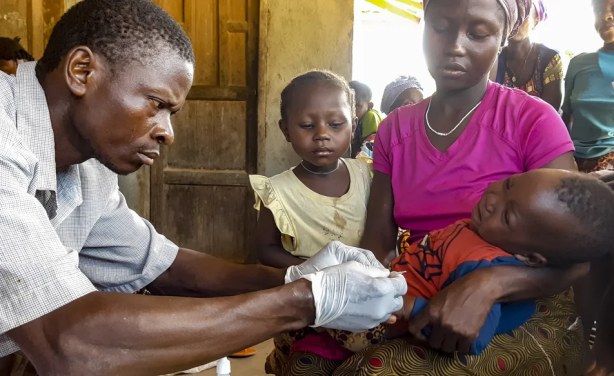-
Africa: Community Health Workers As the Backbone of Primary Healthcare Delivery - Rwanda's Approach
Nigeria Health Watch, 19 July 2021
Health care should be equitable. This means it must be accessible to anyone, regardless of social class, or place of residence. For a pregnant woman dwelling either in the hills of… Read more »
-
Africa: Leaving No-One Behind: Africa Needs Disability-Inclusive Health Systems Now
allAfrica, 19 July 2021
Over 1 billion people - approximately 15% of the world’s population - are estimated to live with some form of disability. As this demographic grows owing to an increase in… Read more »
-
Nigeria: Alpha Mead Boosts Access to Quality Healthcare With Modular Healthcare Facility
This Day, 16 July 2021
Leveraging technology to tackle some of the myriads of challenges facing the healthcare sector, Alpha Mead's prefabricated Modular Healthcare Facility is set to make a difference. Read more »
-
Uganda: Eiphiv Ensures Continuity of Health Services Amid Lockdown
Monitor, 14 July 2021
In order to boost the health service provision amid second wave lockdown, Makerere Joints AIDS Programme (MJAP) under Makerere University College of Health Sciences (MakCHS), has… Read more »
-
South Africa: Could Community Health Workers Be the Answer to Reducing Tuberculosis Stigma?
spotlight, 9 July 2021
Thandeka* is walking with her backpack through the streets of Khayelitsha. She is an uNompilo - a community health worker. She is describing a typical experience of one of the… Read more »
Community Health Workers Backbone of Rwanda's Primary Healthcare
In the African scenario where the shortage of health workers often diminishes optimal healthcare delivery, community health workers (CHWs) fill the void in rural communities, providing care and saving lives.
Rwanda is one of Africa's shining lights in the continent's drive towards universal health coverage. It's approach to community health workers, ensures access to quality healthcare in every community.
Started in 1995 after the genocide, Rwanda's CHW program is aimed at providing maternal and child healthcare in the country's rural communities. In every community of between 50 and 150 households, three CHWs were stationed. Two of these, a male and female pair are referred to as binomes.
They focus on identification and treatment of childhood diseases such as malaria, diarrhea, and malnutrition in the community, while also being responsible for the provision of contraceptives to community members. The third CHW, who must be female, focuses on the provision of care to pregnant and breastfeeding women, including antenatal, postnatal and delivery assistance.
The success of Rwanda's CHW program can be attributed to several factors including greater coordination. Arguably, the biggest contributor to this success is Rwanda's health insurance policy. Under the policy, no Rwandan, regardless of socio-economic status, is denied the care they need.
People in communities who are not able to afford health insurance are supported by the government, writes Bashar Abubakar for Nigeria Health Watch.
InFocus
-
As the world is faced with the novel coronavirus, the International Red Cross's community health care workers have been working around the clock, battling the pandemic. This World ... Read more »
-
The nation's largest union, Nehawu, has threatened a strike as healthcare workers face inadequate supplies of protective gear, and public service employees demand their salary ... Read more »
-
More than 400 healthcare workers have tested positive for the novel coronavirus, while the country is registering the most confirmed cases in East Africa. Read more »
-
It will take the average professional nurse 65 years to earn the annual salary of a chief executive officer of one of the private hospital groups in South Africa, according to an ... Read more »

